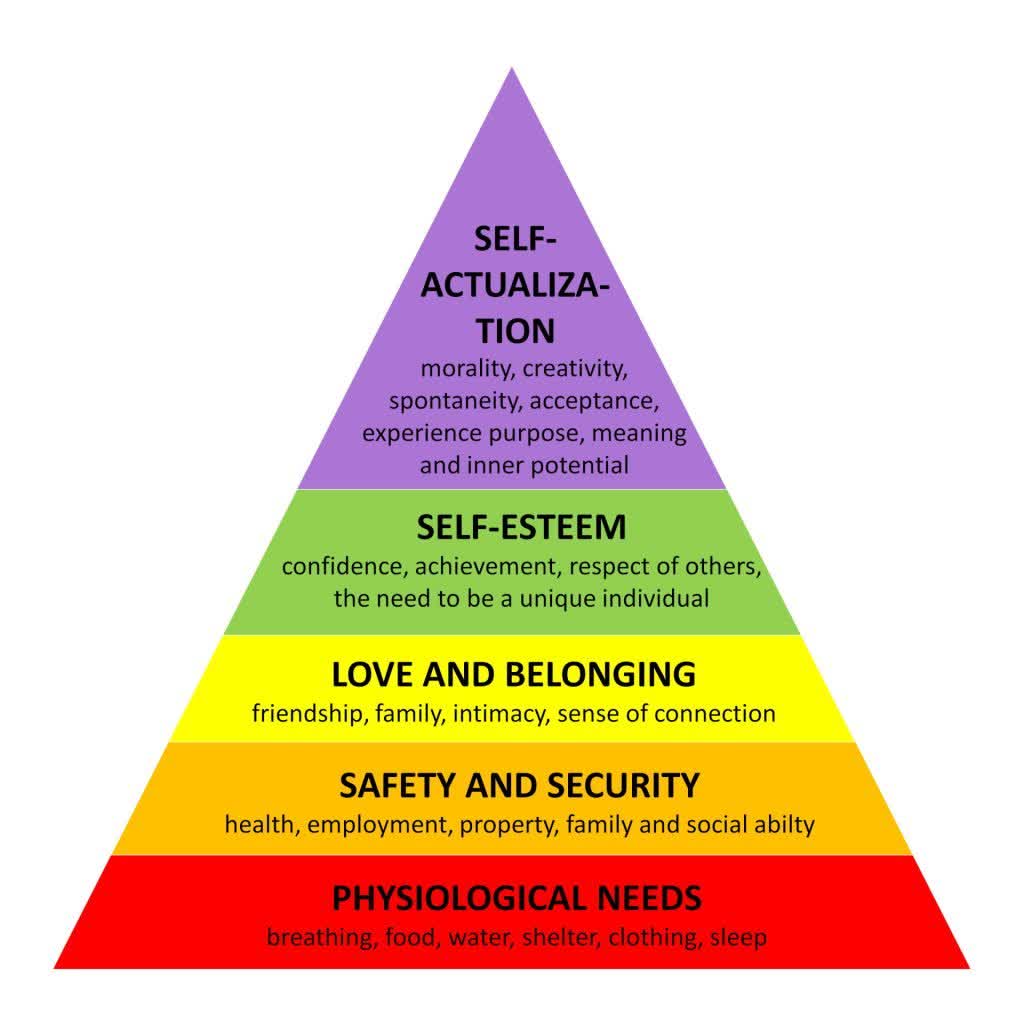The Foundation of Our Lives: Understanding human need
Human existence is fundamentally driven by needs. These are not mere desires, but deeply ingrained, primal forces that motivate our every action. Our innate impulses are designed to fulfill these needs, ultimately ensuring our survival and well-being. This exploration will delve into:
- Defining fundamental human needs.
- The critical importance of fulfilling these needs.
- How unmet needs can significantly impede personal growth and limit human potential.
A Historical Perspective on Human Needs
Maslow’s hierarchy of needs is a widely recognized framework that posits a hierarchical arrangement of human needs. This model suggests that basic needs, such as physiological requirements for food, water, shelter, and rest, must be fulfilled before higher-level needs, like safety, belonging, esteem, and self-actualization, can be meaningfully addressed.
- Physiological Needs: Food, water, shelter, rest.
- Safety Needs: Security, stability, freedom from fear.
- Social Needs: Love, belonging, friendship, intimacy.
- Esteem Needs: Respect, recognition, status.
- Self-Actualization Needs: Achieving one’s full potential, creativity.
From a purely biological standpoint, this model appears logical. Survival necessitates the fulfillment of basic physiological needs. However, from an evolutionary perspective, this linear model fails to capture the dynamic, organic nature of human development. When examining needs through the lens of attachment theory, a crucial re-ordering emerges.

The Paramountcy of Connection
Attachment theory asserts that the most fundamental human need is not simply food or shelter, but rather connection to others. Our connection to caregivers, particularly in early childhood, is paramount in securing our very survival. This need for connection is not merely a social preference; it is a deeply ingrained, biologically driven impulse, as fundamental as hunger or the sex drive.
Consider the human infant. Born remarkably premature compared to other mammals, the human infant is utterly helpless – an immobile, defenseless bundle of organs barely protected by a skeletal structure made of soft bones and wrapped in a silky smooth paper-thin sheath of skin. Unlike many animals born with innate survival mechanisms – mobility, fur, claws – the human infant requires extensive care and protection. This prolonged period of dependence highlights the critical role of human connection in ensuring survival.
The evolutionary blueprint for human existence dictates that the fulfillment of what Maslow termed “basic needs” is inherently intertwined with secure relationships. The capacity to meet physiological needs – to find food, shelter, and safety – however, is contingent upon the development of self-esteem, autonomy, and a sense of self-worth, all of which are nurtured within supportive relationships.
The POISe model, a relational framework, prioritizes connection as the foundational need. The premise is simple: without secure attachment, human survival and flourishing are severely compromised.
The Consequences of Unmet Needs
When the fundamental need for connection is not met, the individual remains in a state of “neediness” – a state of chronic deprivation that perpetuates feelings of insecurity. This insecurity manifests as a persistent yearning for love and support, driving individuals into a relentless pursuit of external validation. This constant striving often translates into a “scarcity mindset,” a pervasive belief that resources are limited and must be relentlessly acquired.
- Insecurity: Constant anxiety and a pervasive feeling of inadequacy.
- Scarcity Mindset: A belief that resources are limited, fostering a constant struggle for acquisition.
- Maladaptive Behaviors: The development of unhealthy coping mechanisms, such as excessive materialism, addictive behaviors, and fleeting, unsatisfying relationships.
The POISe model seeks to re-establish a more accurate hierarchy of needs, recognizing that the root cause of human suffering often stems from disconnection. By prioritizing the fulfillment of this fundamental need for connection, individuals can cultivate a sense of belonging and security, paving the way for the organic and harmonious fulfillment of other needs.

